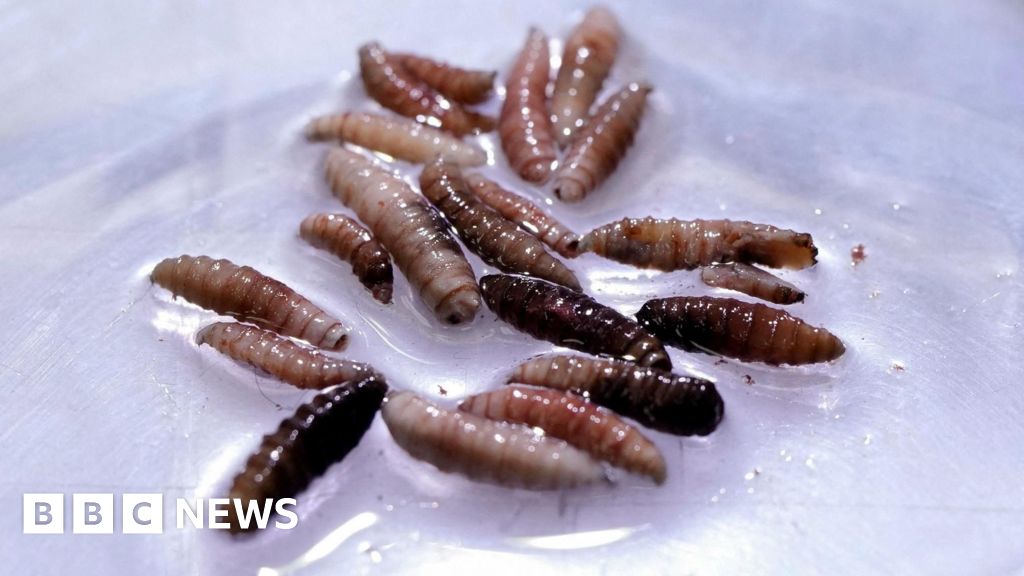
"NWS myiasis is a parasitic infestation of fly larvae, or maggots, caused by parasitic flies. The pest primarily affects livestock, and authorities have said the risk to US public health was currently "very low". The Centers for Disease Control and Prevention (CDC) worked with Maryland's health department to investigate the case. HHS spokesperson Andrew Nixon said it is the first human case of travel-associated NWS myiasis from an outbreak-affected country identified in the US."
""When NWS fly larvae (maggots) burrow into the flesh of a living animal, they cause serious, often deadly damage to the animal," according to the USDA. "NWS can infest livestock, pets, wildlife, occasionally birds, and in rare cases, people." A screwworm outbreak in livestock could be have severe economic impacts, threatening more than $100bn (73.9bn) in economic activity tied to the cattle and livestock industry, the USDA said earlier this month."
A travel-associated case of New World screwworm (NWS) myiasis was confirmed in a person who returned to the United States from El Salvador on 4 August. NWS myiasis is caused by parasitic fly larvae that feed on live tissue and primarily affects livestock, but can infest pets, wildlife, birds and, in rare cases, people. The CDC and Maryland health authorities investigated with HHS confirming this is the first travel-associated human case identified in the US from an outbreak-affected country. Cases have been confirmed throughout Central America and Mexico. USDA and international partners are coordinating responses due to potential severe economic impacts to the cattle and livestock industry.
Read at www.bbc.com
Unable to calculate read time
Collection
[
|
...
]